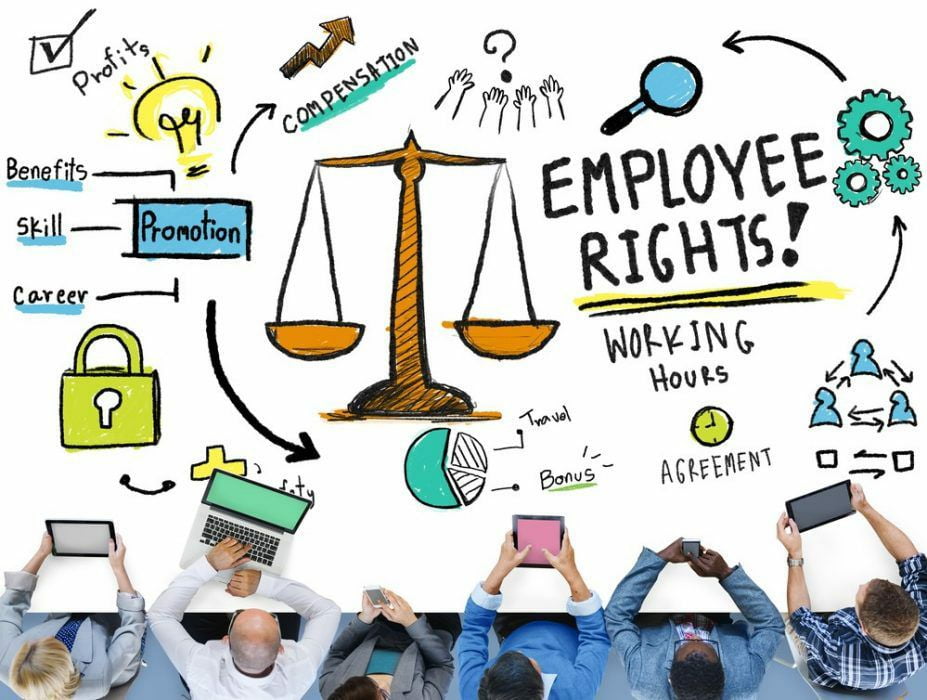
Learn about the significance of Labour Day on May 1st, its historical roots, and why it remains crucial in advocating for workers’ rights today. Discover responsible ways to celebrate and support fair labor practices in this tribute to workers worldwide.
Introduction
As we approach May 1st, we prepare to celebrate Labour Day—a significant occasion dedicated to recognizing the invaluable contributions of workers worldwide. This day holds historical and social importance, emphasizing the rights and achievements of the labor force. Let’s delve deeper into the essence of Labour Day and its relevance in today’s context.
Understanding the Origins of Labour Day
Labour Day, also known as International Workers’ Day or May Day, traces its roots back to the labor union movement of the late 19th century. The Haymarket affair in Chicago, 1886, marked a pivotal moment in history when workers advocated for better working conditions, including an eight-hour workday. Since then, Labour Day has evolved into a global commemoration of workers’ rights and solidarity.

The Significance Today
In contemporary society, Labour Day remains pertinent as we continue to strive for fair wages, safe working environments, and dignified employment conditions. It serves as a reminder of the ongoing efforts needed to uphold workers’ rights globally.
Why Labour Day Matters
- Workers’ Rights Advocacy: Labour Day underscores the need for advocacy and activism to protect workers’ rights and promote social justice.
- Solidarity and Unity: It fosters a sense of solidarity among workers, emphasizing the collective strength of labor movements in effecting positive change.
- Recognition of Contributions: It’s a moment to appreciate the tireless efforts and contributions of workers across all sectors that drive economies and societies forward.
Celebrating Labour Day Responsibly
On this day, let’s not only commemorate but also take action:
- Support local businesses and fair-trade practices.
- Advocate for policies that prioritize workers’ welfare.
- Educate ourselves and others about labor rights and social responsibility.

Conclusion
Labour Day serves as a poignant reminder of the ongoing struggle for workers’ rights and the need for collective action. This May 1st, let’s honor the legacy of labor movements worldwide and pledge our support for a more equitable and just society. Happy Labour Day to all workers—it’s your dedication that keeps our world moving forward!
FAQs About Labour Day
1. What is Labour Day?
Labour Day, also known as International Workers’ Day or May Day, is a global holiday that celebrates and honors the contributions of workers and labor movements. It originated from the labor union movement in the late 19th century and is observed on May 1st in many countries around the world.
2. Why is Labour Day celebrated on May 1st?
May 1st was chosen as the date for Labour Day to commemorate the Haymarket affair in Chicago in 1886, where workers demonstrated for an eight-hour workday. The event became a significant milestone in the fight for workers’ rights and led to the establishment of May 1st as International Workers’ Day.
3. What is the significance of Labour Day today?
Labour Day remains significant today as it serves as a reminder of the ongoing struggles for fair wages, safe working conditions, and workers’ rights globally. It is a day to advocate for social justice and solidarity among workers across various industries.
4. How is Labour Day celebrated?
Labour Day is celebrated through various activities and events, including parades, rallies, and gatherings organized by labor unions and advocacy groups. It is also a time for reflection on the achievements of workers and the challenges they continue to face.
5. How can I support Labour Day?
You can support Labour Day by participating in local events, learning about workers’ rights issues, and advocating for fair labor practices in your community. Supporting businesses that prioritize workers’ welfare and spreading awareness about labor rights are also meaningful ways to show your support.
6. Is Labour Day a public holiday?
Labour Day is recognized as a public holiday in many countries, where workers typically have the day off to rest and participate in celebrations or activities related to the labor movement. However, the specific date and customs associated with Labour Day may vary depending on the country or region.
7. What are some historical milestones related to Labour Day?
Key historical milestones related to Labour Day include the Haymarket affair in Chicago (1886), the establishment of the eight-hour workday, and the ongoing labor movements that have led to improved working conditions and rights for workers around the world.
8. How can I learn more about Labour Day and its history?
To learn more about Labour Day and its history, consider reading books, articles, and documentaries about the labor movement. Engaging with labor unions, advocacy organizations, and educational resources can also provide valuable insights into the significance of Labour Day and its impact on workers’ rights.